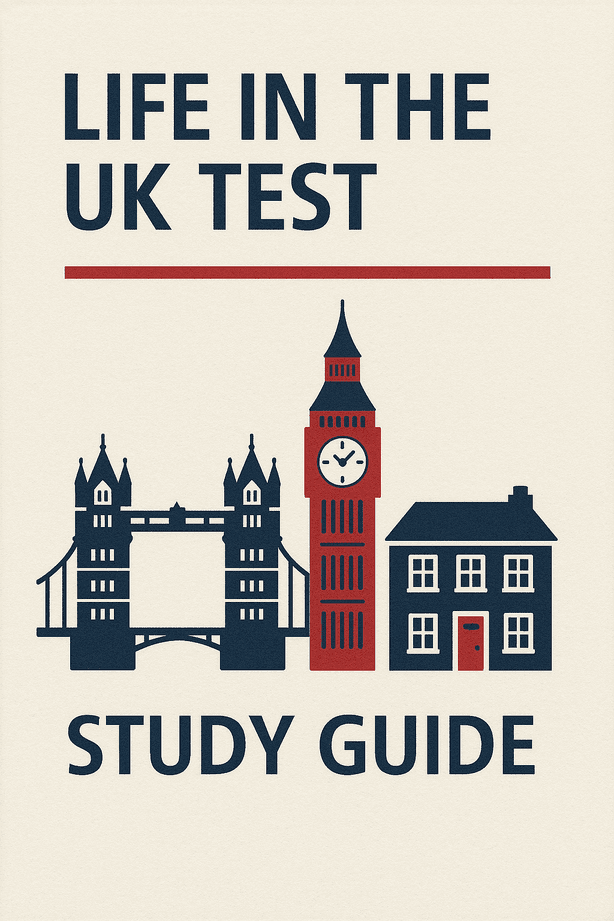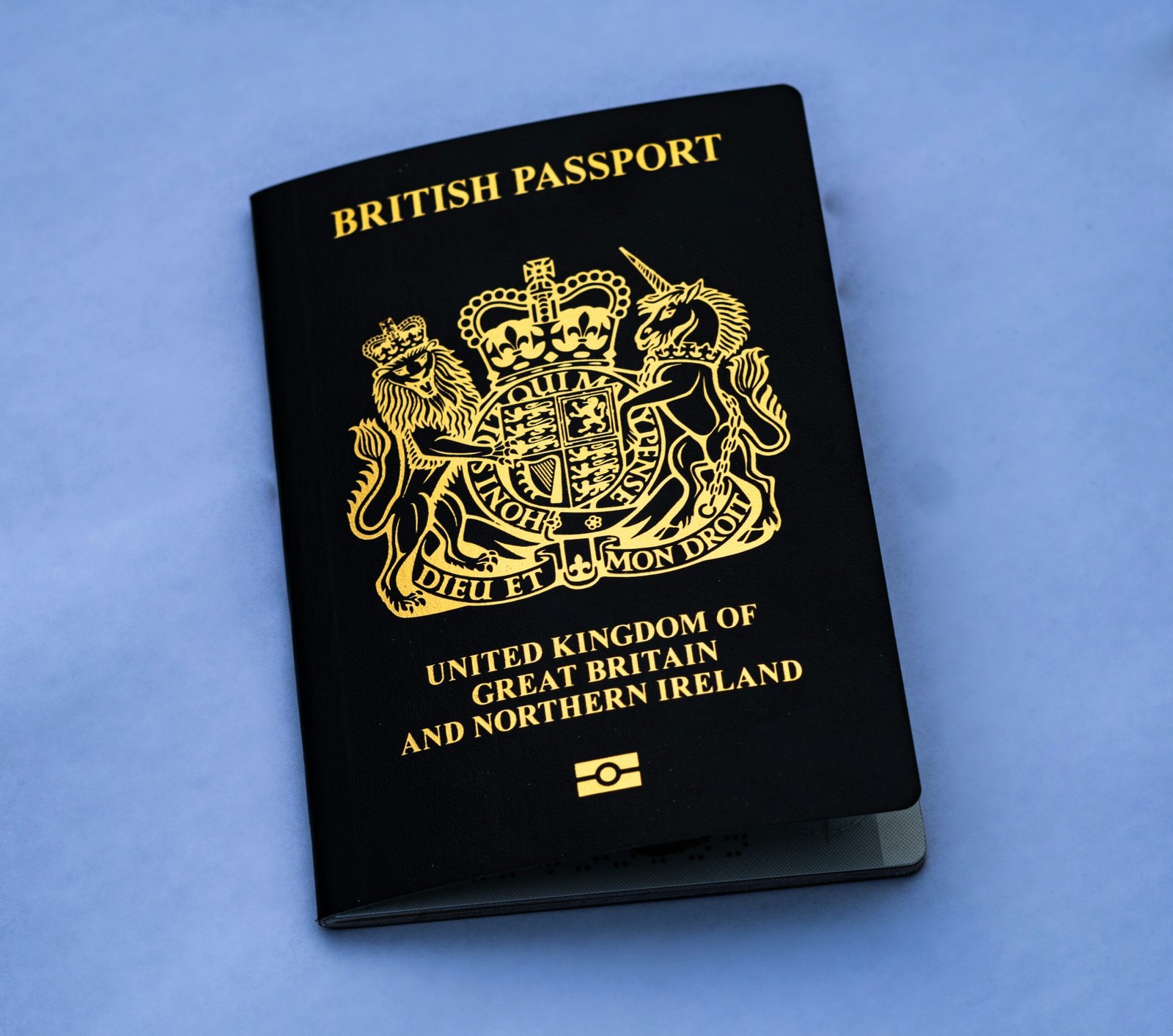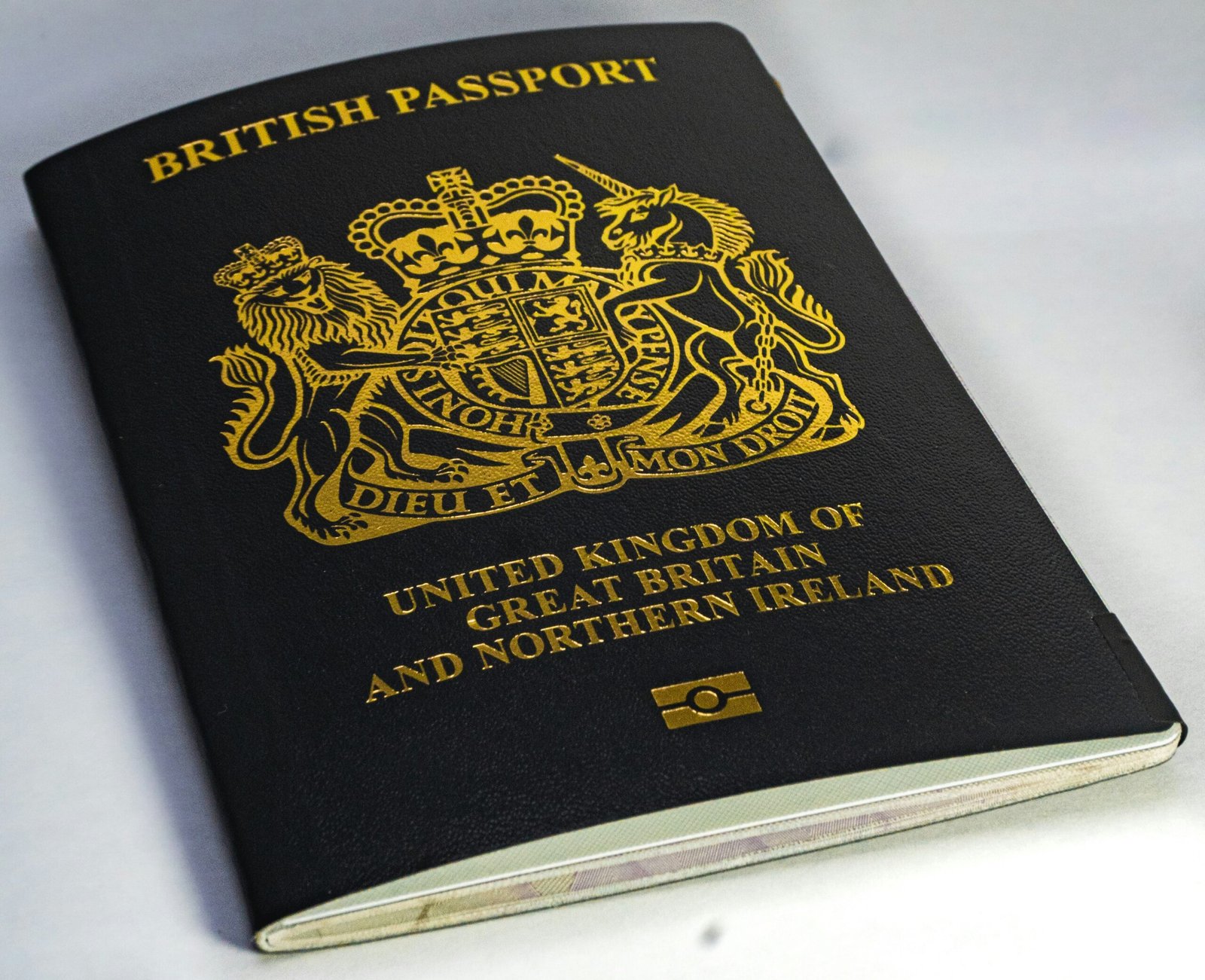The Skilled Worker visa (which replaced the Tier 2 General visa) is the main route for non-UK residents to come to or stay in the UK for work. It’s a points-based system, meaning you need to score a certain number of points by meeting specific criteria. While some changes are still being refined following the May 2025 White Paper, the core principles remain.
Key Requirements You MUST Meet:
As of 2025, the UK government is tightening its immigration policies, particularly impacting the Skilled Worker route. Here are the crucial requirements:
-
A Job Offer from an Approved UK Employer:
- This is non-negotiable. You cannot apply for a Skilled Worker visa without a confirmed job offer.
- Your employer must hold a valid sponsor licence from the Home Office. You can ask them for their sponsor licence number to verify this. They must be an ‘A-rated’ sponsor.
- The job offer must be for a genuine vacancy.
-
A Certificate of Sponsorship (CoS):
- Once your employer has offered you the job, they will issue you a Certificate of Sponsorship (CoS). This is a digital reference number, not a physical document.
- The CoS contains key details about your job, salary, and start date. You must use this reference number in your visa application.
- It’s vital that the CoS is assigned to you within 3 months of your application, as it has an expiry date.
-
Eligible Occupation:
- Your job must be in an eligible occupation code (Standard Occupational Classification or SOC code) as defined by the Home Office.
- Crucial 2025 Change: The minimum skill level required for sponsored roles is being raised from RQF Level 3 (A-level equivalent) to RQF Level 6 (degree-level equivalent). This means many roles previously eligible may no longer qualify, particularly in hospitality, transport, and some technician-level positions. There may be a limited, time-bound ‘Temporary Shortage List’ for some RQF Level 3-5 roles, but this is still being developed.
-
Minimum Salary Threshold:
- Your salary must meet the general minimum salary threshold or the ‘going rate’ for your specific job, whichever is higher.
- Crucial 2025 Change: The general minimum salary threshold was increased significantly to £38,700 per year as of April 2024, and further rises are expected. The previous Immigration Salary List (formerly Shortage Occupation List), which allowed for lower salaries for certain roles, is being abolished, meaning most roles will need to meet the higher threshold.
- Exceptions:
- “New Entrants” (e.g., under 26, recent graduates, or in professional training) may qualify for a lower salary threshold (e.g., £30,960 or 70-90% of the going rate, whichever is higher), but this status is usually temporary (maximum four years).
- Jobs on national pay scales (like doctors, nurses, or teachers) have specific thresholds.
- If you have a relevant PhD (especially in STEM), lower thresholds may apply.
-
English Language Proficiency:
- You must be able to speak, read, write, and understand English.
- Crucial 2025 Change: The minimum English language requirement for main applicants is being raised from CEFR Level B1 to CEFR Level B2 (Independent User).
- You can prove this by:
- Passing an approved English language test (e.g., IELTS for UKVI).
- Having an academic qualification taught in English (e.g., a degree from a UK university or a degree taught in English from an approved country).
- Being a national of a majority English-speaking country.
-
Financial Requirement (Maintenance Funds):
- You must prove you have enough money to support yourself in the UK. This is currently £1,270 (as of May 2025) held for at least 28 consecutive days before your application.
- Your employer can certify on your CoS that they will cover your maintenance for the first month, meaning you don’t need to show proof of funds yourself.
-
Criminal Record Certificate (if applicable):
- If you’re applying for a job in certain sectors (e.g., healthcare, education, social care), you will need to provide a criminal record certificate from any country you’ve lived in for 12 months or more over the last 10 years.
-
Tuberculosis (TB) Test Results (if applicable):
- If you’re applying from a country where TB testing is required, you’ll need to provide a valid TB test certificate from an approved clinic.
The Application Process: Step-by-Step
Once you have your job offer and Certificate of Sponsorship, you’re ready to apply.
Step 1: Gather Your Documents Before you even start the online form, make sure you have everything ready. This includes:
- Your Certificate of Sponsorship (CoS) reference number.
- Your valid passport (and any previous passports).
- Proof of English language proficiency (test certificate or degree certificate/transcript).
- Proof of funds (bank statements), if your employer isn’t certifying your maintenance.
- Your job title, annual salary, and occupation code.
- Employer’s name and sponsor licence number.
- Criminal record certificate (if required).
- TB test results (if required).
- Any relevant academic qualifications or professional registrations.
- Proof of relationship for any dependants (marriage certificate, birth certificates).
Step 2: Complete the Online Application Form
- Visit the official UK government website (GOV.UK) and search for “Skilled Worker visa.”
- Follow the links to the online application form. It’s comprehensive, so take your time and ensure all information is accurate.
- You’ll need to provide personal details, information about your job, and your immigration history.
- You can save your application and return to it later.
Step 3: Pay the Fees As part of the online application, you’ll pay:
- Application Fee: This varies depending on your situation (e.g., whether you’re inside or outside the UK, length of visa, if your job is on a specific list). Fees have been increasing in 2025.
- Immigration Health Surcharge (IHS): This is an annual fee that allows you to use the National Health Service (NHS) in the UK. You pay this upfront for the entire length of your visa. It was increased significantly in early 2024 and is expected to continue rising. Note: Health and Care Worker visa applicants are usually exempt from the IHS.
- Immigration Skills Charge (ISC): Your employer pays this to the Home Office, not you. It also increased by 32% in 2025.
Step 4: Prove Your Identity & Provide Biometrics
- You’ll usually do this at a UK Visa and Citizenship Application Service (UKVCAS) centre if you’re applying from inside the UK, or at a visa application centre (VAC) in your home country/country of residence if you’re applying from outside the UK.
- You’ll provide your fingerprints and a photograph (biometrics).
- Some applicants may be able to use the ‘UK Immigration: ID Check’ app to scan their identity document.
Step 5: Upload Supporting Documents
- You’ll typically upload digital copies of all your required documents before your biometrics appointment, or submit them in person at the appointment.
Step 6: Await a Decision
- Processing Times:
- Outside the UK: Usually within 3 weeks.
- Inside the UK (switching or extending): Usually within 8 weeks.
- Health and Care Worker Visa: Aims for 3 weeks (both inside and outside UK).
- Priority Services: You can often pay an extra fee for a faster decision (e.g., 5 working days for Priority, or next working day for Super Priority, where available).
- You’ll be notified by email or letter once a decision has been made. If successful, you’ll receive a visa vignette (sticker in your passport) for initial entry, and then collect a Biometric Residence Permit (BRP) once you arrive in the UK (or receive an eVisa if the system fully transitions to digital status).
Important Considerations for 2025 Applicants:
- Changes to Settlement (ILR): The qualifying period for Indefinite Leave to Remain (ILR, or permanent residency) for most Skilled Worker visa holders is set to increase from 5 years to 10 years, with some potential exceptions for significant contributions. This is a major shift.
- Dependants’ English Language: Adult dependants (partner) accompanying Skilled Worker visa holders will now be required to meet a minimum English language level (expected to be A1 for initial application, with progression for extensions/settlement).
- Care Worker Route: The overseas social care visa route is being closed to new applications from abroad.
- Digital Status (eVisa): The UK is transitioning to a fully digital immigration system by the end of 2024. Your visa status will eventually be linked to your online UKVI account, reducing reliance on physical documents like the BRP.
Navigating immigration can feel overwhelming, but remember that many people successfully apply for the Skilled Worker visa every year. By being meticulous with your documents, understanding the current requirements, and staying informed about any ongoing changes via official GOV.UK channels, you can significantly improve your chances of a smooth application process. Good luck on your journey to the UK.














Leave a comment